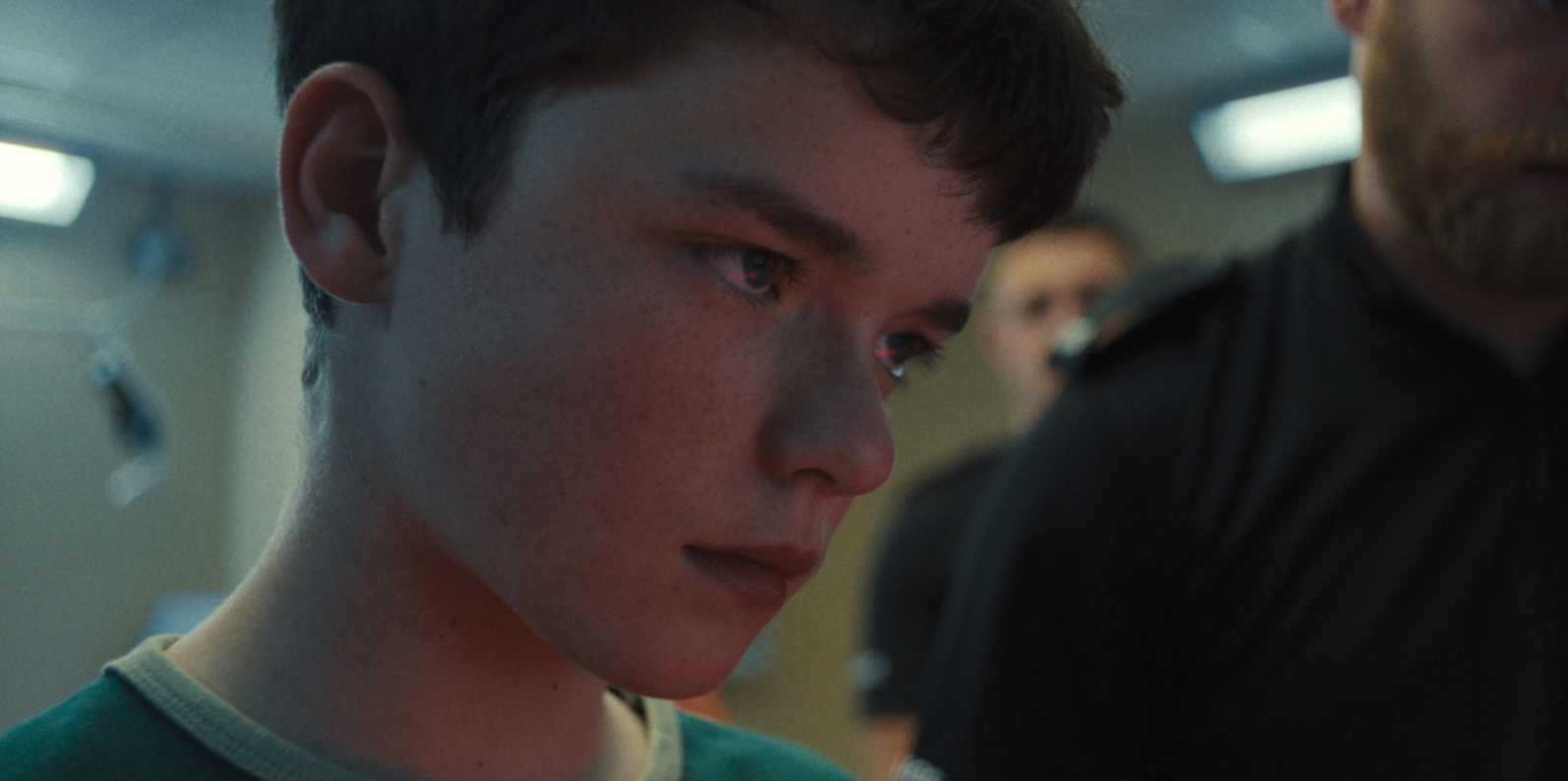Beyond Adolescence: The role models who change the narrative
A still from Netflix drama ‘Adolescence’.
Netflix drama Adolescence has ignited urgent conversations about young men and violence against women and girls, writes Kaci Oliphant.
The series takes a hard look at what it means to grow up as a young man today, in the clutches of an algorithm-driven culture that rewards bravado over vulnerability, dominance over respect, and violence over empathy.
It’s a confronting but necessary watch, forcing us to ask: Who is shaping young men’s ideas of masculinity, and what can we do about it?
For those of us working in the primary prevention of family and domestic violence, these questions aren’t just theoretical - they’re urgent. The rise of the so-called “manosphere” and its online influencers is having real-world consequences, reinforcing attitudes that underpin gendered violence. If we want to break this cycle, we need to offer young men a different version of masculinity - one that is expansive, healthy, and built on respect. That’s exactly what we aim to do with This is Manly.
The Digital Playground
In Adolescence, we watch as the main character, a lonely and uncertain teenage boy, is pulled into a world of male influencers who promise him confidence, control, and power. It’s a story we’re seeing play out beyond the screen, with countless young men being drawn into online spaces that reinforce rigid gender roles and dangerous ideas about dominance. These platforms exploit insecurity, selling a brand of masculinity rooted in anger, entitlement, and a rejection of anything perceived as "soft" or "weak."
The consequences are clear. Studies have linked exposure to misogynistic online content with increased acceptance of violence against women. More alarmingly, some voices in the manosphere are now directly influencing teenage boys' attitudes toward gender, relationships, and violence.
But here’s the thing: the manosphere isn’t winning because it has the best ideas. It’s winning because it has the loudest voices. It fills a vacuum left by the absence of meaningful, real-world conversations about masculinity. If we want to disrupt this, we need to make sure the voices of healthy, positive male role models are louder.
Role Models as an Antidote
That’s where This is Manly comes in. Our campaign isn’t about rejecting masculinity - it’s about expanding it. We challenge the narrow definitions of manhood that dominate online spaces and instead celebrate a broader, more authentic version of what it means to be a man.
As we move into Phase 2 of This is Manly, we’re focusing on a critical piece of the puzzle: male role models. We know that young men don’t just learn about masculinity from the internet - they learn it from the men around them. Fathers, coaches, uncles, teachers, older brothers, family friends - these are the people who can make a difference. When young men see respect, kindness, and emotional intelligence modelled by the men they look up to, they’re far less likely to buy into the toxic messaging they encounter online.
That’s why we’re equipping male role models with the tools to have real, meaningful conversations about gender, respect, and healthy relationships. We want to ensure that when young men search for guidance, they find it in the people around them - not in the echo chambers of the manosphere.
Be More, Show More, Change More
This is Manly is about encouraging men to be more - more open, more engaged, more willing to challenge harmful narratives. But it’s also about showing more - because young men will believe what they see. If we want to change the way masculinity is defined, we need men to live out those changes in their everyday lives.
Adolescence offers a stark warning about what happens when young men are left to navigate their identities alone in the age of digital extremism. But we don’t have to let that be the only story. Through campaigns like This is Manly, we’re proving that a different future is possible - one where masculinity isn’t defined by dominance, but by strength of character, kindness, and respect
Now more than ever, we need good men to step up, speak out, and show young men that they can be more.
Some further reading and listening:
How positive role models can increase health outcomes in primary prevention, Man Cave


